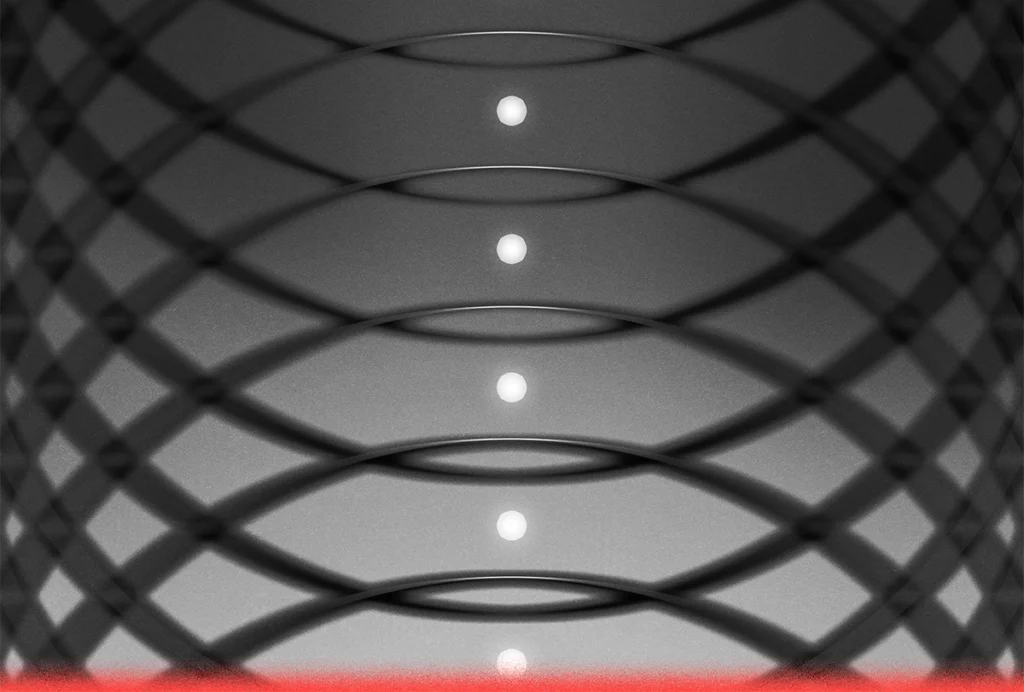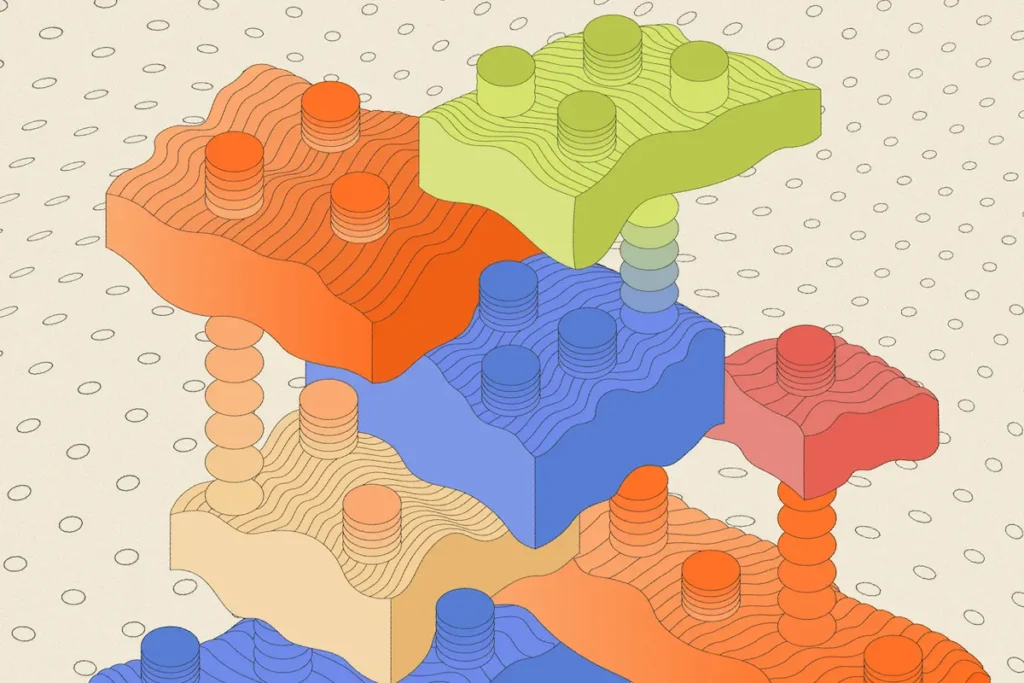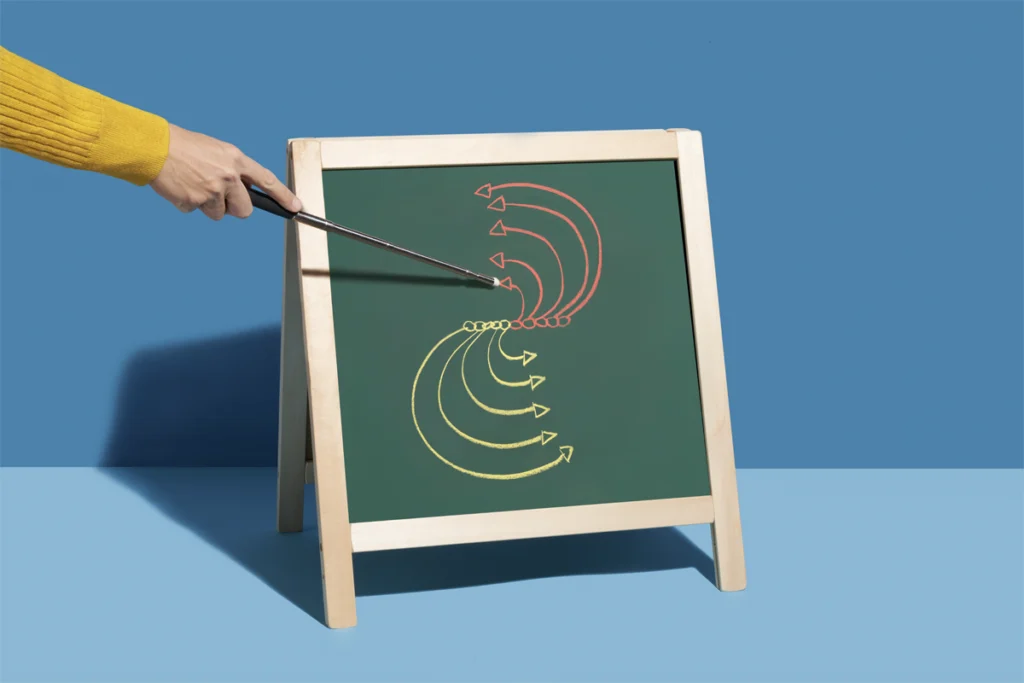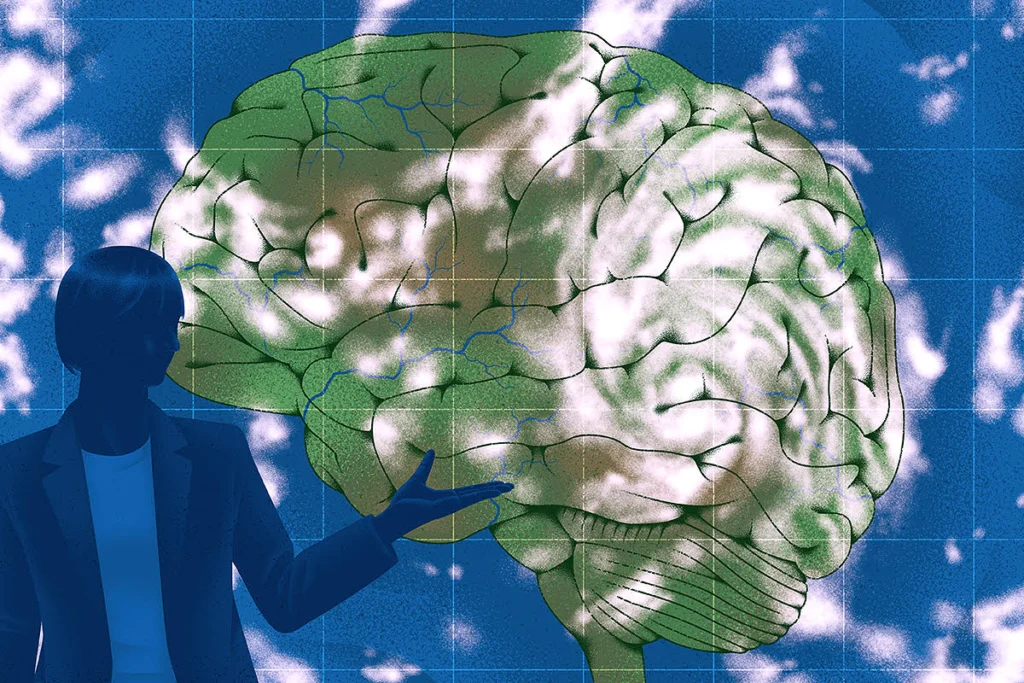Dynamical systems
Recent articles
The buzziest neuroscience papers of 2023, 2024
The field took note of work on brain-computer interfaces for speech, the mechanism of psychedelics, a broader definition of hippocampal representations, and more.

The buzziest neuroscience papers of 2023, 2024
The field took note of work on brain-computer interfaces for speech, the mechanism of psychedelics, a broader definition of hippocampal representations, and more.
The missing half of the neurodynamical systems theory
Bifurcations—an underexplored concept in neuroscience—can help explain how small differences in neural circuits give rise to entirely novel functions.

The missing half of the neurodynamical systems theory
Bifurcations—an underexplored concept in neuroscience—can help explain how small differences in neural circuits give rise to entirely novel functions.
Nicole Rust on her new book, ‘Elusive Cures’
Rust discusses how understanding the brain as a complex dynamical system will help us accelerate treatments for brain disorders.
Nicole Rust on her new book, ‘Elusive Cures’
Rust discusses how understanding the brain as a complex dynamical system will help us accelerate treatments for brain disorders.
David Krakauer reflects on the foundations and future of complexity science
In his book “The Complex World,” Krakauer explores how complexity science developed, from its early roots to the four pillars that now define it—entropy, evolution, dynamics and computation.
David Krakauer reflects on the foundations and future of complexity science
In his book “The Complex World,” Krakauer explores how complexity science developed, from its early roots to the four pillars that now define it—entropy, evolution, dynamics and computation.
Future watch: What should neuroscience prioritize during the next 10 to 20 years?
For The Transmitter’s first annual book, five contributing editors reflect on what subfields demand greater focus in the near future—from dynamical systems and computation to technologies for studying the human brain.

Future watch: What should neuroscience prioritize during the next 10 to 20 years?
For The Transmitter’s first annual book, five contributing editors reflect on what subfields demand greater focus in the near future—from dynamical systems and computation to technologies for studying the human brain.
Neural-network analysis posits how brains build skills
Discrete computational subunits may offer mix-and-match motifs for cognition.

Neural-network analysis posits how brains build skills
Discrete computational subunits may offer mix-and-match motifs for cognition.
From a scientist’s perspective: The Transmitter’s top five essays in 2023
From big-picture debates about theories and terms to practical tips for teaching and writing, our favorite expert-written articles offer a glimpse into what neuroscientists are thinking.

From a scientist’s perspective: The Transmitter’s top five essays in 2023
From big-picture debates about theories and terms to practical tips for teaching and writing, our favorite expert-written articles offer a glimpse into what neuroscientists are thinking.
Is the brain uncontrollable, like the weather?
The brain may be chaotic. Does that mean our efforts to control it are doomed?

Is the brain uncontrollable, like the weather?
The brain may be chaotic. Does that mean our efforts to control it are doomed?
Explore more from The Transmitter
Astrocytes orchestrate oxytocin’s social effects in mice
The cells amplify oxytocin—and may be responsible for sex differences in social behavior, two preprints find.

Astrocytes orchestrate oxytocin’s social effects in mice
The cells amplify oxytocin—and may be responsible for sex differences in social behavior, two preprints find.
Neuro’s ark: Spying on the secret sensory world of ticks
Carola Städele, a self-proclaimed “tick magnet,” studies the arachnids’ sensory neurobiology—in other words, how these tiny parasites zero in on their next meal.

Neuro’s ark: Spying on the secret sensory world of ticks
Carola Städele, a self-proclaimed “tick magnet,” studies the arachnids’ sensory neurobiology—in other words, how these tiny parasites zero in on their next meal.
Autism in old age, and more
Here is a roundup of autism-related news and research spotted around the web for the week of 2 March.

Autism in old age, and more
Here is a roundup of autism-related news and research spotted around the web for the week of 2 March.